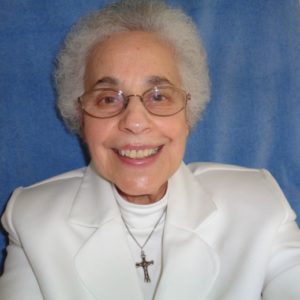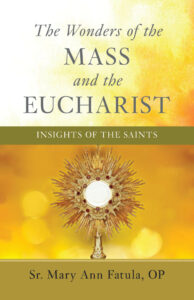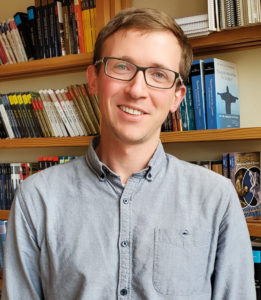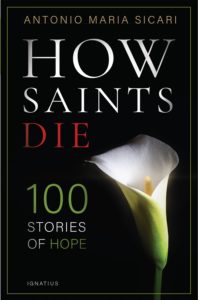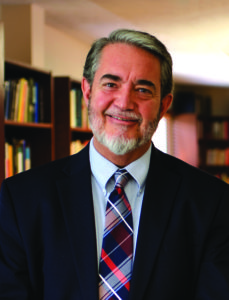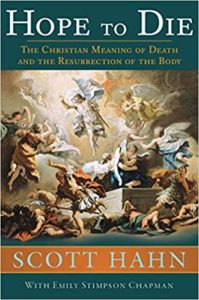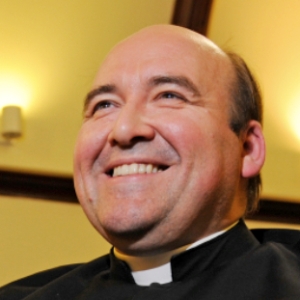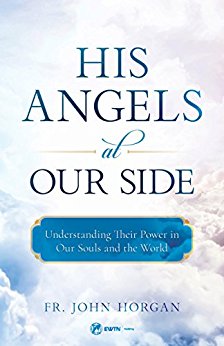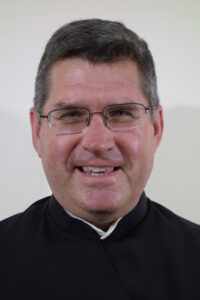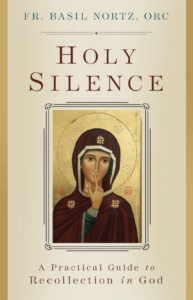Podcast: Play in new window | Download (Duration: 33:12 — 22.9MB) | Embed
Subscribe: Apple Podcasts | Spotify | Amazon Music | Android | Pandora | iHeartRadio | JioSaavn | Podchaser | Gaana | Podcast Index | Email | TuneIn | Deezer | Anghami | RSS | More

Anthony DeStefano – 30 Days to Your New Life on Inside the Pages with Kris McGregor
In this episode of Inside the Pages, Kris McGregor interviews Anthony DeStefano about his book 30 Days to Your New Life: A Guide to Transforming Yourself from Head to Soul. Anthony DeStefano outlines how the book blends self-help strategies with Christian principles, aiming to provide a balanced approach to personal transformation. While secular self-help programs can be beneficial, they often fall short because they focus too much on self-reliance and neglect spiritual aspects.
This book guides readers through daily reflections over 30 days, starting with fundamental routines like tidying up and building momentum through small actions. This approach is meant to ease readers into lasting habits that foster both physical and spiritual well-being. The book moves through various levels of personal development, incorporating ideas like redemptive suffering and grounding one’s routines in faith practices. By combining spiritual disciplines with practical life skills, he aims to help readers face life’s challenges more resiliently, emphasizing that true peace and fulfillment require both effort and reliance on God’s grace.
Discerning Hearts Reflection Questions
- How can you incorporate God’s guidance into your daily routines and personal development goals?
- In what ways can you ensure both prayer and practical action are present in your approach to life’s challenges?
- What small, consistent actions can you take to build spiritual and physical momentum toward positive change?
- How can you offer up your suffering and unite it with Christ’s, seeing it as a form of redemptive prayer?
- How can you make your first thoughts and actions each day a reflection of putting God first?
- What changes can you make to improve your physical health that will also positively impact your spiritual life?
- How can you create a more ordered, stable daily routine that reflects a commitment to both work and prayer?
- How does attending Mass help you connect to Christ’s sacrifice, and how can you better appreciate it as a source of strength?
- What small, seemingly mundane actions can you offer to God each day to grow in holiness?
- Who in your life might benefit from an approach to self-improvement that includes spiritual principles, and how can you share it with them?
You can find the book here.
From the book description:
“Happiness. Everyone wants it, but not everyone has it–or knows how to get it. According to a recent Harris poll, only 1 in 3 Americans describes himself as happy. Researchers have dubbed this the “most stressed” of all generations, despite its economic prosperity and technological advances. Anthony DeStefano, bestselling author of A Travel Guide to Heaven and Ten Prayers God Always Says Yes To, addresses this problem head-on in his freshly rewritten book, 30 Days to Your New Life, by striving to bring the joy of Heaven down to Earth right now.
Many self-help books explore the subject of happiness, but one important ingredient always seems to be missing: God. In this no-nonsense, refreshingly direct book, DeStefano bridges the gap between personal development programs and Christian/Catholic spirituality. The result is a wake-up call to readers; an outcome-based motivational guide to living life to its fullest–and holiest. DeStefano’s practical, pull-no-punches, approach to popular theology has been described as “Tony Robbins meets Thomas Aquinas.”
With candor and simplicity, DeStefano presents an easy-to-follow framework for attaining lifelong peace and fulfillment, as well as (more importantly) eternal happiness in Heaven. The path proposed by DeStefano encourages consistent, purposeful and prayerful action on the part of the reader, and offers genuine hope to everyone, from ambivalent agnostics to engaged evangelicals to the most fervent of Catholics.
This is a book about getting results, about breaking out of self-delusion and taking small, practical steps to transform your life from head to soul. The author believes that as more and more people today struggle with depression and loneliness, self-help programs need to be less about “self-help” and more about “God’s help.” God, after all, is the Author of life. He knows what will make us happy–and what won’t.
DeStefano utilizes the best personal development tools available, but balances and corrects them with Bible-based, faith-filled, time-tested, sacramental, Catholic principles. No matter how terrible your circumstances may be or how many times you’ve failed to achieve your goals in the past, this book will work for you.”
About the Author: Anthony DeStefano is the bestselling author of over twenty-five Christian books for adults and children. His books have been published in eighteen different countries and twelve different languages and have been endorsed by The National Day of Prayer committee as well as many prominent religious leaders and mainstream celebrities. He has appeared on the 700 Club, Fox and Friends, CNN, Huckabee, and hundreds of other national and local media shows. He has also been the host of two television series on Eternal Word Television Network (EWTN), as well as a frequent guest on that network. A Knight of the Sovereign Military Order of Malta, Anthony is an avid pilot and lives in New Jersey with his wife, Jordan.

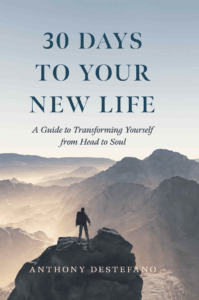
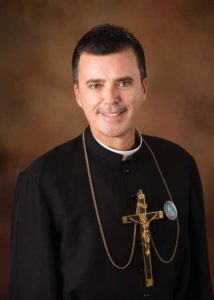
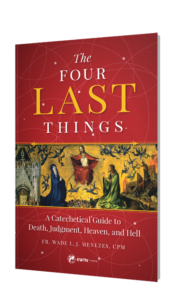
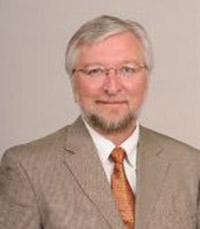
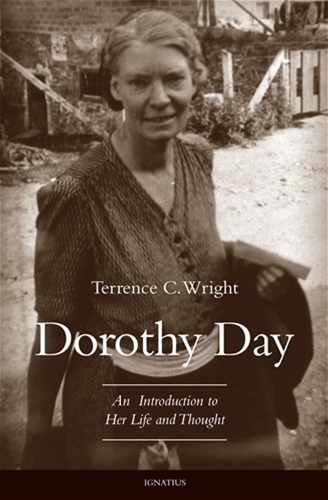
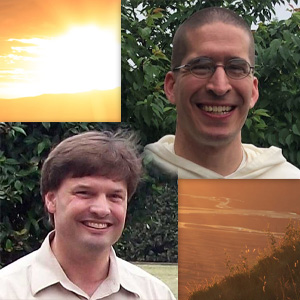
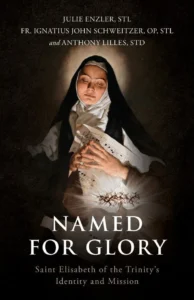 You can find the book
You can find the book 